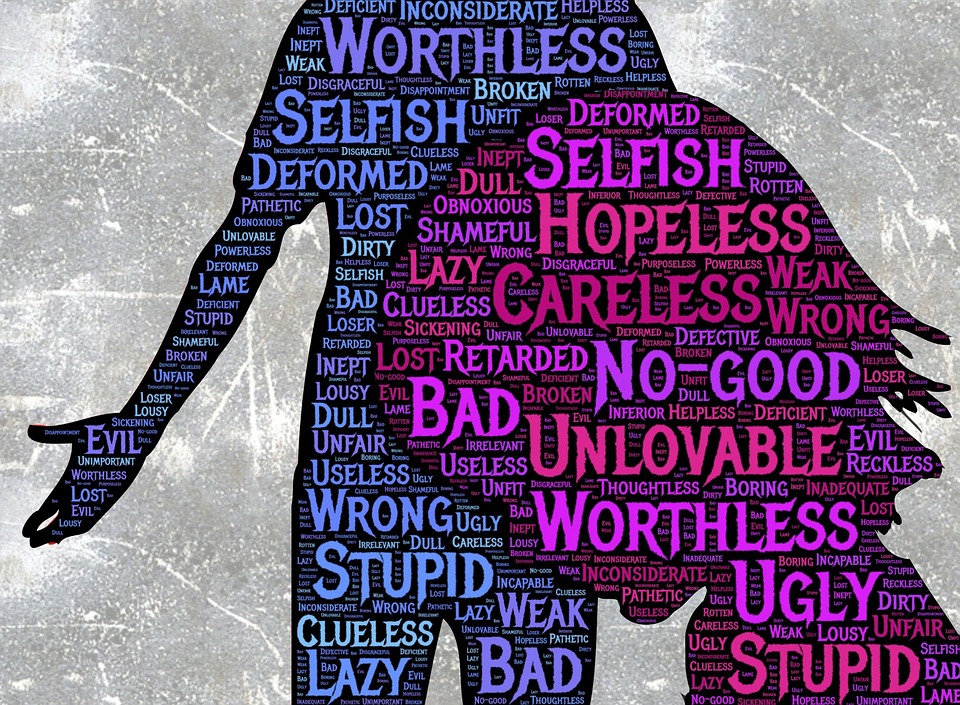The term “civil rights” encompasses a very broad variety of rights. Some of those rights are enshrined in the Constitution, including freedom of speech, freedom of religion, the right to be free from unreasonable search and seizure, the right to due process, and the right to equal protection under the law. In addition to the…
Continue reading ›Immediate Response!










